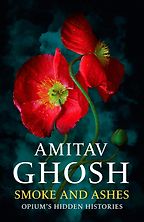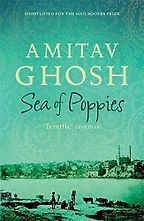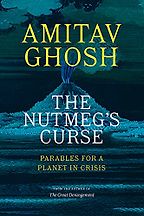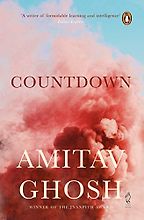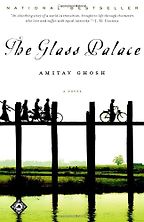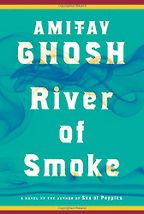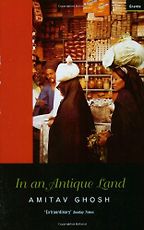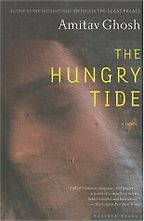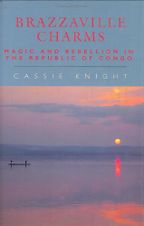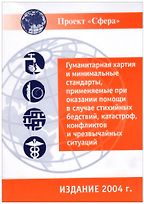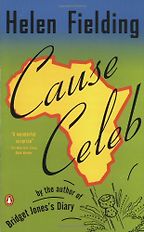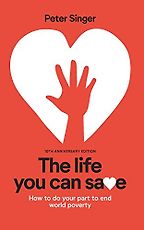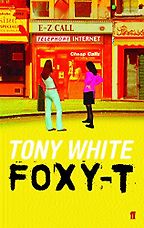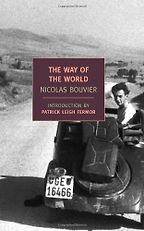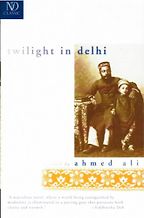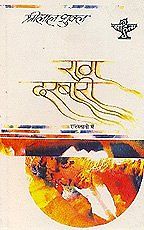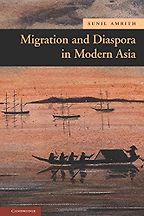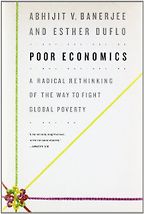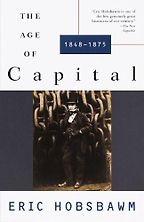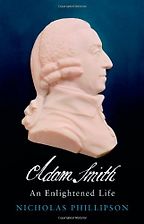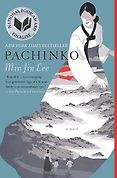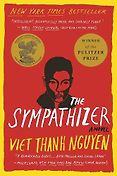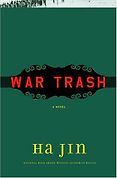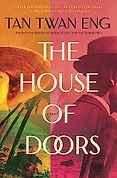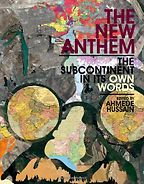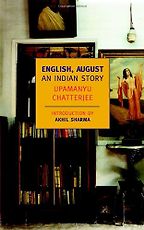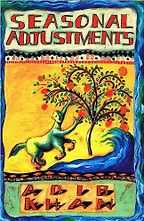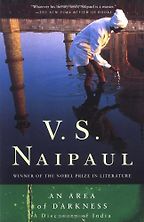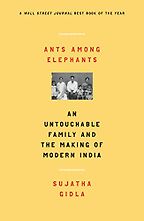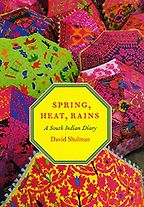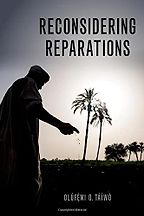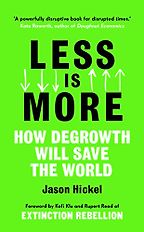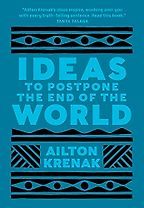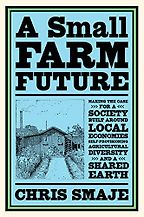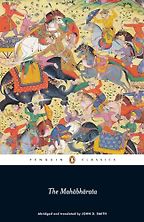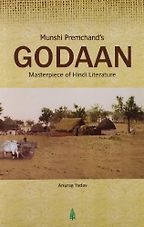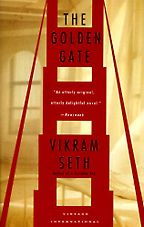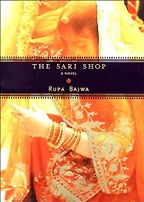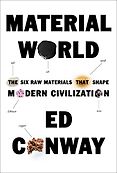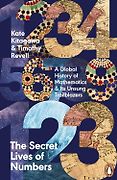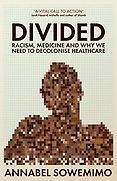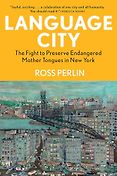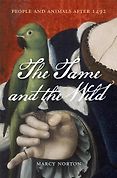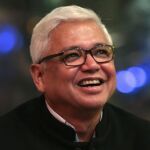
Books by Amitav Ghosh
Amitav Ghosh is a prizewinning Indian novelist and author whose books have been recommended many times on Five Books. Born in Calcutta, he grew up in India, Bangladesh and Sri Lanka and studied in Delhi, Oxford and Alexandria.
“It’s wonderfully written, as you’d expect from a very accomplished novelist…Opium lies at the base of so much that we take for granted in the world today. It’s an impassioned story, because he’s witnessed the effects of it on people in one form or another and he brings that out very well. He was surprised to find his own family was deeply implicated…So there’s an interesting personal story mingled in.” Read more...
The 2024 British Academy Book Prize for Global Cultural Understanding
Charles Tripp, Political Scientist
Sea of Poppies
by Amitav Ghosh
Sea of Poppies is book one of Indian author Amitav Ghosh’s Ibis trilogy and was shortlisted for the Booker Prize. Ibis is the name of an old slaving ship which is a key part of the story (though by no means all the action is set there). The other books in the trilogy are River of Smoke (recommended by economic historian Emma Rothschild) and Flood of Fire.
“This book tells a story that we don’t often hear, which is about the opium trade and what it did to India, notably to the part of India I come from, Bihar. Why was India even important to the British or the East India Company? It was because of the opium more than anything else. It profoundly changed India, reaching deep into the economy of rural India. Till opium became their biggest trading item, the British didn’t really touch rural India. I learnt this thanks to Amitav Ghosh. The trilogy is about a group of people who have become indentured laborers on an opium ship. The three books follow loosely the lives of about five or six of the characters on that ship…It’s difficult to say what is the best thing about these three books. First, it’s the attention to historic detail. Second, the characters, and third, the attention to language and how it has morphed and died through time – Chinese-English, Laskari, colonial English. There are times in the book when your blood boils at the horrors of colonialism. And there are other times when you just think, ‘The human spirit is unbelievable, that people could survive such cruelty and exploitation and still come out on top with their humanity intact.'” Read more...
Radhika Jha, Novelist
“He starts with the nutmeg, and the naturally occurring ecosystem which it springs from on an island in Indonesia. Then he looks at the history of how the cultivation, harvesting, transportation, and ultimately the commodification of the nutmeg let to both environmental degradation and the political domination of the island. But it’s so much more than that. I read short reviews that focused on the nutmeg on its own, but that’s really just the starting point. What was most powerful in the book, for me, was the way he talks through the reasons fossil fuels became embedded in our lives and why it’s so hard to disentangle them. More than half of global shipping is the movement of petroleum products. So it gives a sense of both the historical depth of this entanglement and the scale of the interests and networks, the hard wiring that underpins our systems and civilisations.” Read more...
The best books on Climate Adaptation
Ben Rawlence, Environmentalist
“I’ve often thought that this book should be part of the Indian syllabus…Anyone who reads Countdown will come away wondering, ‘What is the point of these weapons?’ I’m not a peacenik. I believe that India is surrounded by genuine adversaries. But every time I read something that makes an argument for an expanded armed force I think about this book. It’s really sobering” Read more...
The best books on Contemporary India
Kapil Komireddi, Journalist
“It’s absolutely fascinating on a number of levels. First, we have a famous, articulate and politically astute novelist taking up the issue of climate change. I think that’s extremely important because one of the arguments that Amitav makes in this book, which I agree with one hundred percent, is that for too long this problem has been discussed as scientific question; it’s mostly been covered by science journalists and written up in the science pages of the newspapers. But it’s fundamentally no longer a scientific question. The science—the key scientific issues—have been resolved now for a long time, but it’s a political question because we have to do something about it. It’s an economic question because it has to do with how we run our economies based on fossil fuels, and it’s also a deeply historical question. Amitav looks at the long history of fossil fuel exploitation and the way it’s linked to colonialism and post-colonialism, and to make the argument that if we’re going to fix this problem, we have to understand the larger historical, economic, and social context as well. The book is also an explicit call for humanists—writers and authors and novelists and others—to become engaged and think through: How did we get into this situation? And how do we get out of it?” Read more...
The best books on The Politics of Climate Change
Naomi Oreskes, Scientist
“What I really liked about this novel is the way it describes an individual’s place in history. It’s not so much that Ghosh makes a judgement on whether we are agents or victims of history, but he explores the different ways in which individuals react to particular incidents, and how some manage to overcome adversity. The Glass Palace follows the life of the last Burmese king and his family. It begins shortly before the king was deposed and sent into exile by the British army.” Read more...
Ahmede Hussain, Journalist
“I love this book. It was a book that, as I was getting towards the end, I wanted to read slower and slower and slower so I wouldn’t finish it. The weekly clothes market on the Singapore River, which is a scene fairly early in the novel, is a brilliant illustration of the kinds of exchanges within Asia that are so interesting to historians. He calls it the ‘Wordy-Market,’ which is a wonderful phrase. The novel is about friendship, commerce and empire as well as being about the tragic story of opium. It’s a great illustration of one of those novels which are themselves marvellous histories of economic life.” Read more...
The best books on Economic History
Emma Rothschild, Economist
“He’s a much better writer of factual books than fiction. It’s about him researching these documents that originally came to Cambridge University out of Egypt, and they are documents pertaining to Jews who were based in Egypt but were travelling to do business in Southern India in medieval times. He writes extremely beautifully about life in an Egyptian village where he stays and the people he meets, and the stress when their young men are caught up in the war between Iraq and Iran. It’s an amazing story really and it’s amazing how these documents were preserved. Apparently, for Jews it’s considered wrong to throw away documents that have God’s name written on them, so they had these huge boxes the size of houses in Cairo and if you wanted to get rid of anything you just threw it into these and they accumulated over centuries and centuries. It’s extraordinary that they survived in this way. So it’s a personal piece of historical research.” Read more...
The best books on Indian Journeys
Roy Moxham, Historian
“It is set in the Sundarbans in Bangladesh, which is the mangrove coastal area that is prone to cyclones….A woman goes to the mangroves to conduct research about the river dolphins and she works with a Bangladeshi man who knows their habits. It’s the story of her relationship with him and the story of his relationship with the environment because he knows and loves the mangroves and rivers. There are also wonderful descriptions of a royal Bengal tiger emerging out of the water and of a tiger attacking a village and the villagers killing it. Eventually, the story culminates with the cyclone…It contains a vivid description of a cyclone. Just last week I was visiting the cyclone-hit area of the Sundarbans and to have an image of what it is like makes it so much more real. Even though I have spoken to people who have lived through a cyclone, I sometimes find that fiction can make me understand things more fully.” Read more...
Cassie Knight, Nonprofit Leaders & Activist
Interviews where books by Amitav Ghosh were recommended
The best books on Aid Work, recommended by Cassie Knight
From 2001 to 2003, Cassie Knight lived and worked in Brazzaville, the capital of the Republic of Congo, managing a humanitarian aid program after the 1999 civil war. Here, she recommends books on aid work, and its realities as well as inspiring books about it.
The best books on Indian Journeys, recommended by Roy Moxham
The author and Senior Conservator of the University of London’s Senate House Library discusses books on Indian Journeys. Interesting selections that offer good insights into the authors themselves
The best books on Economic History, recommended by Emma Rothschild
In time of economic crisis, studying the past can teach us much about the world economy today, says economic historian Emma Rothschild.
Historical Novels Set in Asia
The complex history of Asia makes for a broad range of historical fiction. Here, we’ve collected the historical novels set in Asia that have been recommended in Five Books interviews, including Jing-Jing Lee’s How We Disappeared—a historical novel about the Japanese occupation of Singapore—and Amitav Ghosh’s The Glass Palace, which follows the life of the last Burmese king and his family.
South Asian Literature, recommended by Ahmede Hussain
The acclaimed author recommends the most exciting new writing out of India and South Asia, including accounts of 9/11 from a Pakistani perspective and an emigré’s return to an unfamiliar Bangladesh.
-
1
The Great Derangement: Climate Change and the Unthinkable
by Amitav Ghosh -
2
Learning to Die in the Anthropocene: Reflections on the End of a Civilization
by Roy Scranton -
3
Love in the Anthropocene
by Bonnie Nadzam & Dale Jamieson -
4
The Great Persuasion: Reinventing Free Markets since the Depression
by Angus Burgin -
5
The Madhouse Effect: How Climate Change Denial is Threatening Our Planet, Destroying Our Politics, and Driving Us Crazy
by Michael E Mann & Tom Toles
The best books on The Politics of Climate Change, recommended by Naomi Oreskes
The best books on The Politics of Climate Change, recommended by Naomi Oreskes
‘We’re on a path that is going to lead to tremendous destruction and yet most of us are going about our lives as if nothing particularly special is happening.’ The science of climate change is incontrovertible but deniers persist and political and economic solutions continue to be – systematically – frustrated. Time is running out, says Naomi Oreskes
The best books on Contemporary India, recommended by Kapil Komireddi
As the world’s biggest democracy, India could be an inspiring example of how a multiethnic, multilingual country with many different religions can come together to form a vibrant state with equality enshrined in its constitution. But all that is in danger of going down the drain, as the country transforms into a brutally exclusionary Hindu-supremacist state under the leadership of Narendra Modi, says Kapil Komireddi, essayist and author of Malevolent Republic: A Short History of the New India. Here, he talks us through how the country got to where it is now and recommends five books that present a “comprehensive picture” of contemporary India.
-

1
The Nutmeg's Curse: Parables for a Planet in Crisis
by Amitav Ghosh -

2
Reconsidering Reparations
by Olúfẹ́mi O. Táíwò -

3
Less is More: How Degrowth Will Save the World
by Jason Hickel -

4
Ideas to Postpone the End of the World
by Ailton Krenak, translated by Anthony Doyle -

5
A Small Farm Future
by Chris Smaje
The best books on Climate Adaptation, recommended by Ben Rawlence
The best books on Climate Adaptation, recommended by Ben Rawlence
The future is uncertain; perhaps the only thing we do know is that, in terms of the environment and the climate, there is no going back. Ben Rawlence, the author and activist, selects five of the best books on climate adaptation—nonfiction works that might guide our path through a world of rising temperatures, melting ice caps, and shifting forests.
The Best Indian Novels, recommended by Radhika Jha
Like all great books, India’s best novels are worth reading not just because of what they show about India, but what they reveal about the human condition. Here Radhika Jha, author of four critically acclaimed books, talks us through five important Indian novels and novelists and explains why it’s so important that fiction isn’t just about personal experience.
-

1
Material World: The Six Raw Materials That Shape Modern Civilization
by Ed Conway -

2
Smoke and Ashes: Opium's Hidden Histories
by Amitav Ghosh -

3
The Secret Lives of Numbers: A Global History of Mathematics & its Unsung Trailblazers
by Kate Kitagawa & Timothy Revell -

4
Divided: Racism, Medicine and Why We Need to Decolonise Healthcare
by Annabel Sowemimo -

5
Language City: The Fight to Preserve Endangered Mother Tongues
by Ross Perlin -

6
The Tame and the Wild: People and Animals after 1492
by Marcy Norton
The 2024 British Academy Book Prize for Global Cultural Understanding, recommended by Charles Tripp
The 2024 British Academy Book Prize for Global Cultural Understanding, recommended by Charles Tripp
The British Academy Book Prize is awarded annually for a nonfiction book that combines rigorous research with engaging writing—and promotes global cultural understanding. Charles Tripp, chair of this year’s judging panel, explains what that means and introduces the six books that made the 2024 shortlist.
